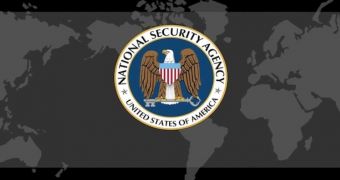After days of speculations and rumors, the U.S. government finally decided to make an official statement regarding PRISM and what the project is really about.
Unlike the way it was painted, the U.S. government says that PRISM is not an undisclosed collection or data mining program.
“It is an internal government computer system used to facilitate the government’s statutorily authorized collection of foreign intelligence information from electronic communication service providers under court supervision, as authorized by Section 702 of the Foreign Intelligence Surveillance Act,” the government said in a statement.
This basically means that the project is completely legal, although nothing’s been said about its morality.
They further say that PRISM does not unilaterally collect information, but does so only with specific permission of the secret courts created to oversee the Foreign Intelligence Surveillance Act.
“We cannot target even foreign persons overseas without a valid foreign intelligence purpose,” the message said.
The statement comes as NSA director James Clapper has decided to declassify certain details about the program in order to put the people’s mind to ease, AllThingsD reports.
He defended the information gathering techniques once more, as he said they were lawful and necessary. In a previous statement, he insisted that the media’s involvement in the program would make it difficult to continue defending the country and fending off attacks.
“Our ability to discuss these activities is limited by our need to protect intelligence sources and methods,” Clapper said.
However, nothing’s been said about the companies involved in the PRISM project, namely Google, Facebook, Microsoft, Skype, YouTube, Apple and AOL, to name just a few.
While evidence pointed towards their connection to the surveillance program, most companies have chosen to deny any connection with PRISM, having ever heard of the project or giving government agencies direct access to their data collections.

 14 DAY TRIAL //
14 DAY TRIAL //